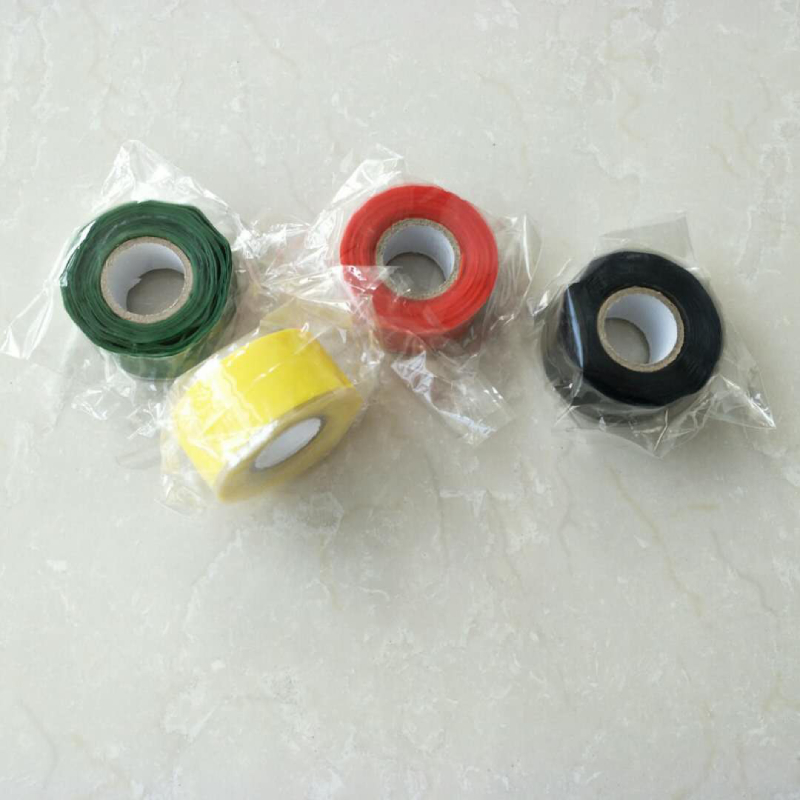Fiberglass Tape for Electrical Insulation A Comprehensive Overview
In the realm of electrical insulation, fiberglass tape stands out as a vital component due to its exceptional properties that make it suitable for various applications. This article explores the significance, features, and advantages of fiberglass tape in electrical insulation.
What is Fiberglass Tape?
Fiberglass tape is a type of woven or non-woven fabric made from glass fibers, which are known for their high strength and resilience. The fibers are coated with a resin or adhesive, enhancing their insulation properties and making them ideal for electrical applications. Typically, fiberglass tapes are available in various thicknesses and widths, allowing for flexibility in usage depending on the specific electrical insulation requirements.
Key Features of Fiberglass Tape
1. Electrical Insulation Fiberglass tape offers excellent electrical insulation due to its high dielectric strength. This property makes it suitable for insulating wires, cables, and other electrical components, preventing short circuits and maintaining circuit integrity.
2. Heat Resistance The ability to withstand high temperatures is one of the standout features of fiberglass tape. It can typically endure temperatures up to 260°C (500°F) or higher, making it appropriate for applications in high-heat environments such as motors, transformers, and generators.
3. Chemical Stability Fiberglass tape is resistant to a wide range of chemicals, including solvents, acids, and bases. This resistance ensures that the tape maintains its integrity and insulating properties even in harsh environments, providing reliability for industrial and automotive applications.
4. Thin Profile Fiberglass tape can be manufactured in a thin profile, which makes it easy to apply in tight spaces without compromising its insulating capabilities. Its flexibility allows it to conform to various shapes and surfaces, making it versatile for a diverse range of uses.
5. Durability Unlike other insulation materials, fiberglass tape is highly durable. It is resistant to abrasion, moisture, and electrical arcing, ensuring longevity and effectiveness in protecting electrical components.
Applications of Fiberglass Tape in Electrical Insulation
fiberglass tape for electrical insulation

Fiberglass tape finds extensive use across various industries due to its robust characteristics. Some common applications include
- Winding Insulation In motors, generators, and transformers, fiberglass tape is used to insulate windings and coils, preventing electrical leakage and ensuring efficient operation.
- Repair and Maintenance Fiberglass tape is often employed for repairing damaged insulation in electrical wires and cables. Its strong adhesive properties ensure a secure bond that restores functionality while maintaining safety.
- Electrical Bus and Cable Insulation The tape is ideal for insulating bus bars and cables in electrical panels, preventing short circuits and protecting against moisture and contaminants.
- Automotive Industry In the automotive sector, fiberglass tape is utilized for insulating wiring harnesses, ensuring that electrical systems operate efficiently and safely under varying environmental conditions.
Advantages of Using Fiberglass Tape
The benefits of fiberglass tape extend beyond its insulation properties. Its lightweight nature contributes to the overall reduction of the electrical component's weight, enhancing efficiency. Additionally, its ease of application means that it can be quickly and effectively used in various scenarios, reducing labor time and costs.
Furthermore, the long-lasting nature of fiberglass tape ensures that replacements and repairs are minimal, translating to significant cost savings over time. As a non-toxic material, it also poses fewer risks during handling compared to some alternatives.
Conclusion
In summary, fiberglass tape is an indispensable product for electrical insulation, boasting exceptional properties such as high dielectric strength, heat resistance, and chemical stability. With its diverse applications spanning various industries, it plays a critical role in safeguarding electrical systems. As technology advances and demands for safer and more reliable electrical solutions increase, fiberglass tape will undoubtedly remain a preferred choice for insulation needs.
-
XIANGFAN Rubber Tape-Ultimate Solutions for All Your Insulation NeedsNewsJun.24,2025
-
XIANGFAN Rubber Tape-Protection for Industrial and Residential ApplicationsNewsJun.24,2025
-
XIANGFAN Rubber Tape: Superior Safety and Sealing for Demanding EnvironmentsNewsJun.24,2025
-
XIANGFAN Rubber Tape: Reliable Solutions for Every Electrical ChallengeNewsJun.24,2025
-
XIANGFAN Electrical & Industrial Tape: Powering Reliability Across IndustriesNewsJun.24,2025
-
XIANGFAN Electrical & Industrial Tape: Excellence in Every ApplicationNewsJun.24,2025
